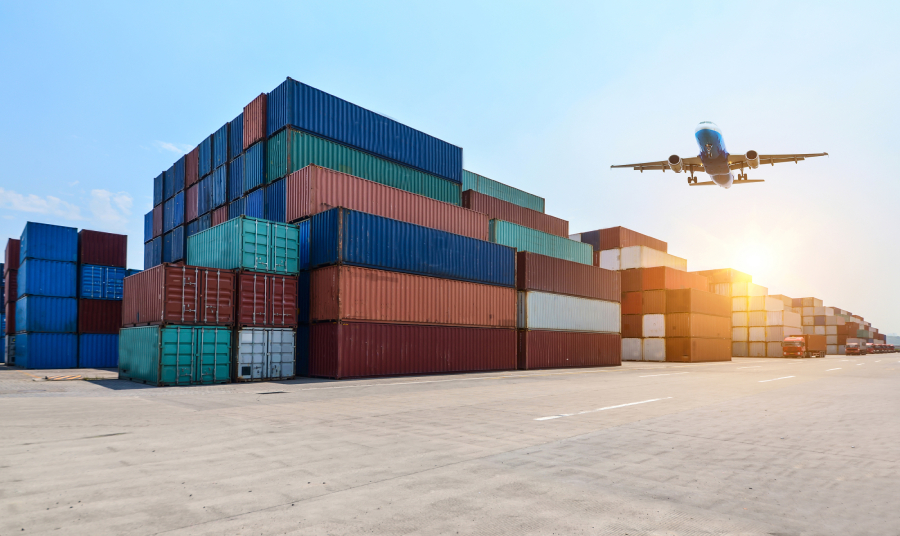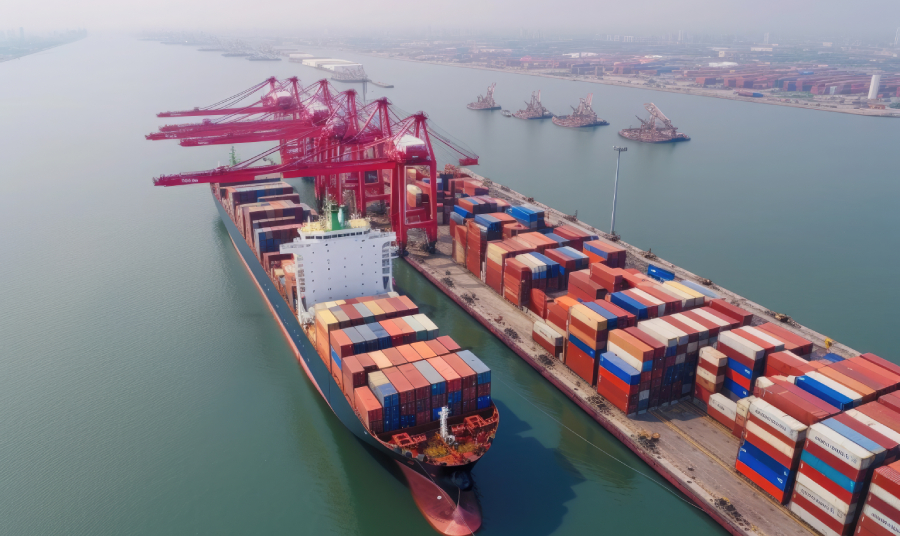How to do online business: Australia, Singapore
E-commerce businesses can learn how to optimize their businesses for success in the Australian and Singaporean markets

In 2022 alone, Australia, New Zealand, and Singapore grew their GDPs by over 2%.
If you’re wondering how to do online business effectively in any of these booming markets, you’ll need to learn the key differences between them and other Western e-commerce markets. We’ll cover some of our e-commerce tips for your small business when expanding into the Australasian-Singaporean business sphere, including:
- How to do online business in the Australasian-Singaporean market
- E-commerce tips for small businesses
- How to stay tax-compliant with the local authorities
- How to facilitate local currency payments and save money at the same time
How to do online business in the Australasian-Singaporean market
Across the Australasian-Singaporean markets, e-commerce is a diverse space. Western brands like Amazon lag behind other international and more localized platforms, managing around 35% of web traffic in Australia (their largest market), according to SEMRush data.
When considering which new e-commerce platform(s) could be relevant for your business, the two key factors are popularity and functionality. Some e-commerce platforms are better suited to specific product categories and regions than others, depending on your target market.
Australian and New Zealand
eBay is the largest e-commerce platform for Australian and New Zealand consumers, receiving over 61.7 million monthly visitors. Amazon ranks second, receiving less than half of the number of visitors.
Each e-commerce platform features an extensive range of product categories, so your small business can create product listings just as easily as it does for the UK market. eBay’s PayPal integration and auction functionality could be especially relevant if your company specializes in second-hand goods or collectibles. However, as Amazon continues to grow its Prime membership, your business could benefit from increased demand as more consumers visit the platform over eBay
Singapore
Singaporean consumers primarily use Shopee and Lazada. Both platforms offer standard seller accounts or specialized accounts for authorized brand distributors, meaning you can provide brand goods to new markets easily.
Each platform will feel familiar to US-based entrepreneurs as they host product categories like eBay and Amazon. While this will help make your initial transition easier, each platform has unique marketing features (discussed further below) catering to Singaporean consumers that shouldn’t go unused.
In terms of popularity, Shopee is the larger of the two platforms and offers buyers cashback on their purchases. As a seller, this unique marketing feature can help build strong customer relationships as you expand. However, Lazada integrates with Alibaba’s payment technology which means you can seamlessly run your business using local currencies and help customers better understand the value of your business.
Can I be on more than one e-commerce platform?
Much like running an e-commerce business in the US, there’s nothing to stop entrepreneurs from expanding their businesses and selling on multiple e-commerce platforms simultaneously.
Consequently, you may wish to set up accounts on other popular e-commerce platforms across the Australasian-Singaporean market like Amazon Singapore, New Zealand-based Trade Me, or others.
E-commerce tips for small businesses
Optimizing your listings for each platform
Regardless of the e-commerce platform(s) your business chooses, you’ll need to learn how to optimize your listings so your goods appear in search results prominently.
While each platform has slightly different specifications and best practices, understanding the unique needs of each platform can ensure your goods appear in front of your target market every time. Consult the support pages on each platform for more information, like eBay’s Seller Hub or Lazada’s Seller Center.
On-platform promotion tools
As a current US-based seller, you’re probably already familiar with the promotion tools on eBay and Amazon. The tools operate similarly for websites in Australia and New Zealand.
However, Singaporean consumers have a slightly different consumer preference – Shopee and Lazada also offer live features in addition to the similar promotion tools of other e-commerce sites. Here, sellers often host live streams to showcase product information and offers, much like televised US shopping channels.
Does language matter in international e-commerce?
Like Australia and New Zealand, Singapore is a majority English-speaking country. This means that international sellers can forgo translating terms and offers into local languages.
How to stay tax-compliant with the local authorities
Singapore, Australia, and New Zealand each have a Goods and Sales Tax (GST) which is currently set to 8%, 10%, and 15%, respectively. As a new business, you’ll need to be wary of the specific thresholds for when your business will be required to apply GST in each locality and the relevant exemptions.
Similarly, differences in trade deals with each of the previously mentioned nations will also affect your tax compliance, including things like customs fees. For more information about the trade requirements for the specific region your business is expanding into, use the following links for Australia, New Zealand, and Singapore.
How to facilitate local currency payments and save money at the same time
The Zyla Account is the hassle-free way to pay business partners and get paid from marketplaces quickly.
- Open multi-currency accounts with local account details
- Make fast and secure global payments to suppliers, staff and partners
- Collect funds from marketplace sales
- Keep costs down with competitive rates
The free-to-open Zyla Account enables businesses to make collections and payouts internationally – giving you the freedom to do business anywhere, all with the security of our online platform. Open an account today and you could be approved, set up and trading internationally in 24 hours. Get started or find out more by calling (855) 797-3366 today.



